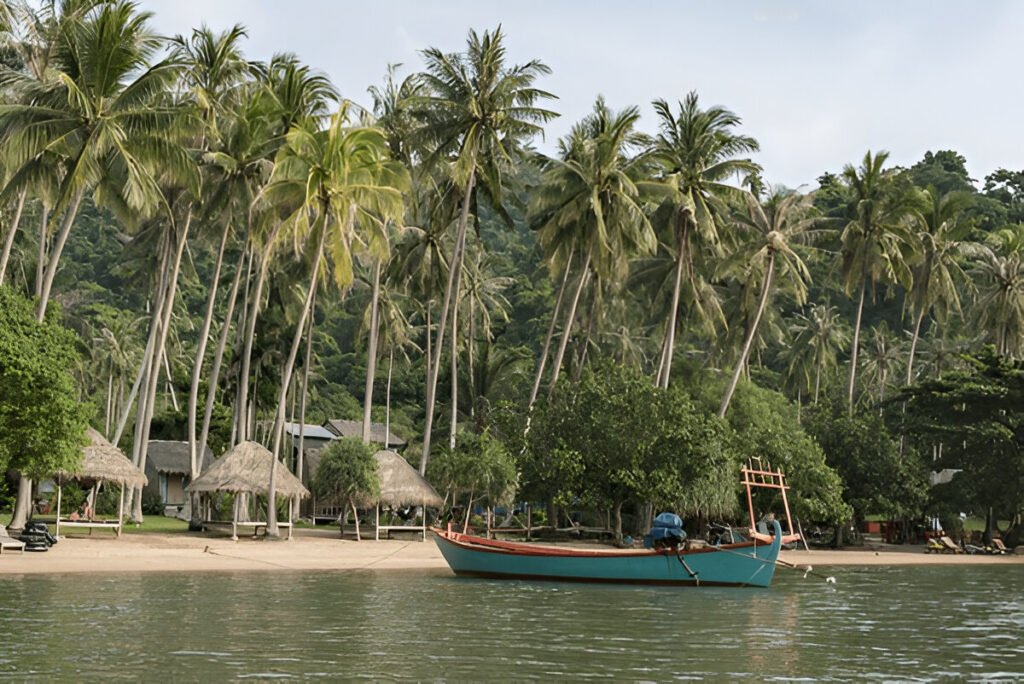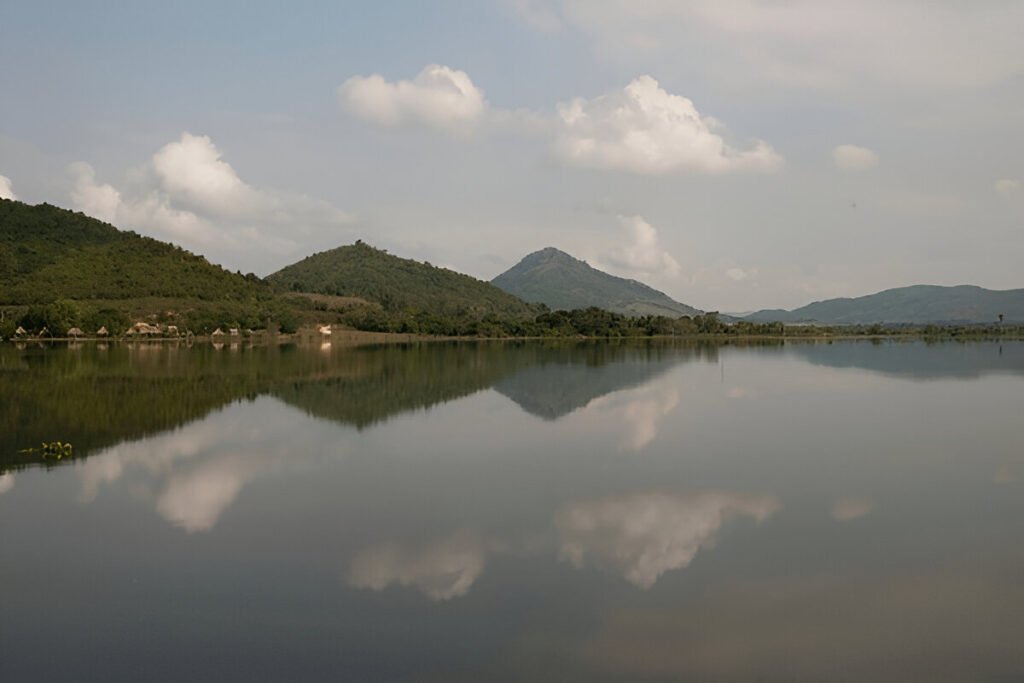Introduction:
Tucked away in the Chugoku region of western Japan, the Tottori Sand Dunes present a striking contrast to the country’s typical scenery of dense forests, towering mountains, and bustling metropolises. This expansive desert landscape, stretching over 16 kilometers along the Sea of Japan, is a surreal experience that offers visitors the unique opportunity to explore Japan’s largest desert. As the only large dune system in Japan, the Tottori Sand Dunes have a historical and cultural significance that is deeply rooted in the region, making it a destination that should not be missed.
Description of the Attraction:
The Tottori Sand Dunes create a mesmerizing landscape that seems more like a foreign planet than a typical Japanese scene. Formed over tens of thousands of years by the combined forces of the Sendai River and the Sea of Japan’s winds, their undulating crests and valleys are a testament to the timeless power of nature. The tallest dune, Umanose, or "Horse’s Back", rises a staggering 50 meters high, providing stunning views over the sea and the surrounding landscape. This unique site is also home to a wide variety of local flora and fauna, lending a touch of vibrant life to the otherwise stark landscape.
The dunes are not only a geographical wonder, but they also play a significant role in the local culture and history. For centuries, the people of Tottori have coexisted with this challenging environment, developing unique traditions and practices. Many local festivals and events are centered around the dunes, such as the Tottori Sand Dunes Festival, where enormous, intricate sculptures are created from sand.
Things to Do:
Visitors to the Tottori Sand Dunes can partake in a range of activities that make the most of this unique landscape. Sandboarding, camel riding, and paragliding are popular options, offering thrilling ways to experience the vast expanses of sand. For a quieter experience, take a leisurely stroll along the dunes to witness the shifting patterns created by the wind, or visit the Sand Museum, which showcases incredible sand sculptures from artists around the world.
The area’s local fauna also offers unique sightseeing opportunities. Flocks of Ezo Ural Owls can often be spotted on the edges of the dunes, and the rare Tottori Hanakairo Flower Park is a must-see for nature lovers. The park features thousands of flowers, including species endemic to the region, blooming amidst the surreal beauty of the desert.
Local Tips:
The best time to visit the Tottori Sand Dunes is either early in the morning or late in the afternoon, when the lighting is most dramatic and the temperatures are cooler. Comfortable shoes and clothing are recommended due to the sandy terrain, and don’t forget to bring plenty of water and sun protection. While Japanese is the primary language, English signage is available at the main sights.
How to Get There:
The Tottori Sand Dunes are easily accessible by both car and public transportation. If driving, it’s a 10-minute trip from central Tottori City. Alternatively, the JR San-In Line connects Tottori with other major cities in the region. From Tottori Station, it’s a 20-minute bus ride to the dunes. For those traveling from more distant parts of Japan, Tottori Airport offers flights from Tokyo, Osaka, and Nagoya.
Nearby Attractions:
While in Tottori, explore other local attractions like the Tottori Castle Ruins, which offer a glimpse into the region’s feudal history. The nearby Misasa Onsen is known for its radon-rich hot springs, believed to have therapeutic effects. For a taste of local culture, visit the traditional fishing village of Uradome Coast, famed for its seafood.
Conclusion:
The Tottori Sand Dunes offer a truly unique experience, transporting visitors to a surreal landscape that seems worlds away from the typical scenery of Japan. Whether you’re an adrenaline seeker, wildlife enthusiast, or simply a lover of natural beauty, the dunes promise an unforgettable adventure. Embrace the unexpected and let the Tottori Sand Dunes enchant you with their breathtaking beauty and cultural richness.





